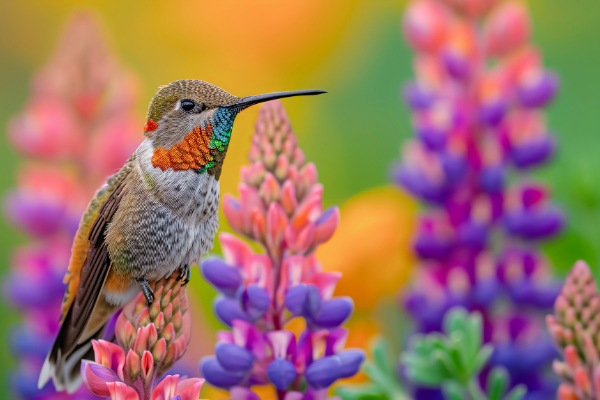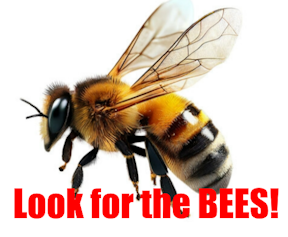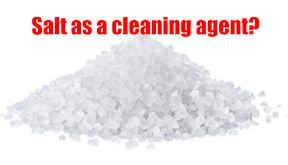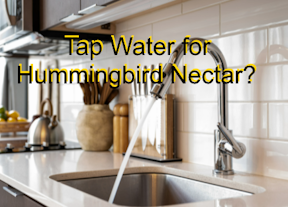5 Tips from HummerNectar for Happy, Healthy Hummingbirds
Hummingbirds are enchanting creatures that bring vibrant energy and mesmerizing beauty to any garden. To keep these delicate birds happy and healthy, proper care and attention are crucial. HummerNectar, a trusted source for hummingbird enthusiasts, offers expert advice on nurturing these tiny aviators. By following their guidance, you can create a welcoming environment that supports the well-being of hummingbirds while enjoying their delightful presence.
1. Provide Fresh, Nutrient-Rich Nectar
One of the simplest yet most important ways to support hummingbirds is by providing clean, fresh nectar. HummerNectar emphasizes using a homemade nectar solution consisting of four parts water to one part white granulated sugar. Boiling the water before dissolving the sugar ensures the mixture is sterile, reducing the risk of harmful bacteria and mold.
Avoid using honey, artificial sweeteners, or red dye, as these can be harmful to hummingbirds. Replace nectar in feeders every two to three days, or more frequently during hot weather, to keep the solution fresh and appetizing.
2. Choose the Right Feeder Design
Not all hummingbird feeders are created equal. According to HummerNectar, choosing a feeder with easy-to-clean parts and red accents will attract more hummingbirds while minimizing maintenance efforts. Red is especially important because hummingbirds are naturally drawn to that color.
Feeders with multiple feeding ports allow several birds to dine simultaneously, reducing territorial disputes. Also, ensure the feeder is designed to prevent ants and bees from invading, as these pests can deter hummingbirds and contaminate the nectar.
3. Maintain Regular Cleaning Habits
Cleanliness is key to the health of hummingbirds. HummerNectar advises cleaning feeders weekly, and more often in hot climates or if mold develops. Use a solution of hot water with a few drops of mild dish soap, and scrub all parts thoroughly. Rinse well to remove any soap residue before refilling.
Avoid using harsh chemicals or bleach that could leave harmful residues. Keeping feeders spotless prevents the spread of diseases that can severely affect hummingbird populations.
4. Create a Bird-Friendly Garden
Beyond feeders, providing a natural habitat enhances the well-being of hummingbirds. HummerNectar recommends planting native flowers rich in nectar, such as bee balm, trumpet vine, or salvia. These plants offer a reliable and nutritious food source throughout the hummingbird season.
In addition to flowers, include shrubs and small trees to offer shelter and nesting sites. Avoid using pesticides or herbicides, which can harm hummingbirds directly or reduce the availability of insects they also rely on for protein.
5. Monitor and Support Hummingbird Health
Observing hummingbird behavior and physical condition helps ensure their health. HummerNectar suggests looking out for signs of illness, such as lethargy, ruffled feathers, or difficulty flying. If you notice a sick hummingbird, contact local wildlife experts for advice on care or rehabilitation.
Additionally, consider participating in hummingbird counts and citizen science projects. These initiatives help track population trends and contribute invaluable data for conservation efforts.
Conclusion
Caring for hummingbirds is a rewarding endeavor that, with the right approach, can help maintain healthy and joyful populations. The tips from HummerNectar—providing fresh nectar, selecting suitable feeders, maintaining cleanliness, cultivating a bird-friendly garden, and monitoring health—are practical and effective strategies for any hummingbird enthusiast.
By putting these insights into practice, you not only create a thriving environment for hummingbirds but also enjoy the irreplaceable joy and wonder these tiny birds bring to your outdoor space. Whether you’re a beginner or an experienced bird lover, these guidelines will enrich your hummingbird experience and support their survival in a changing world.






